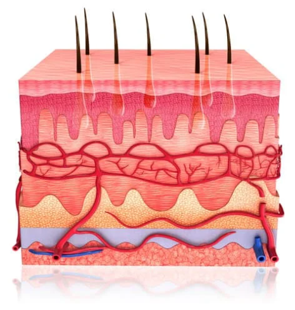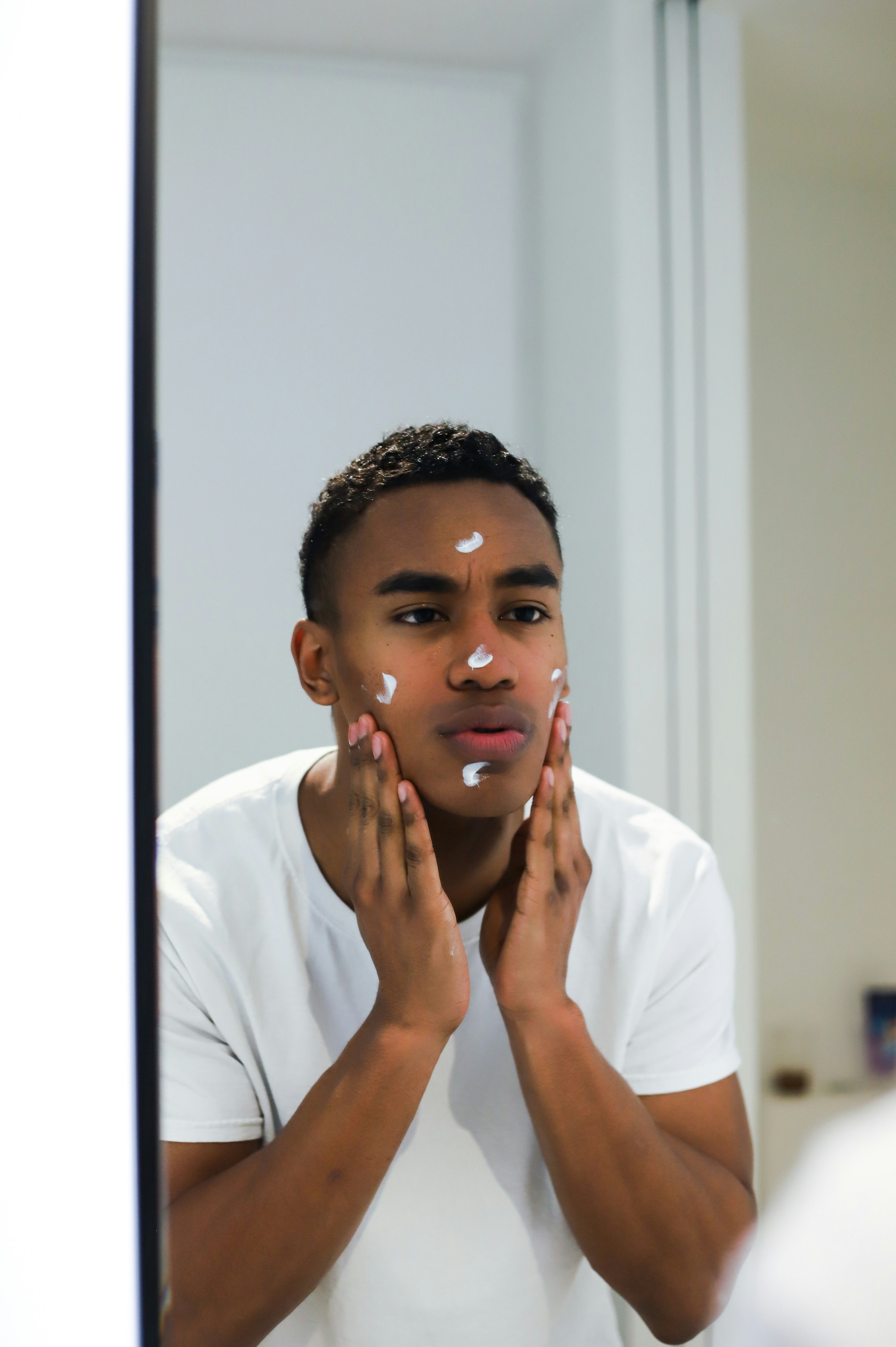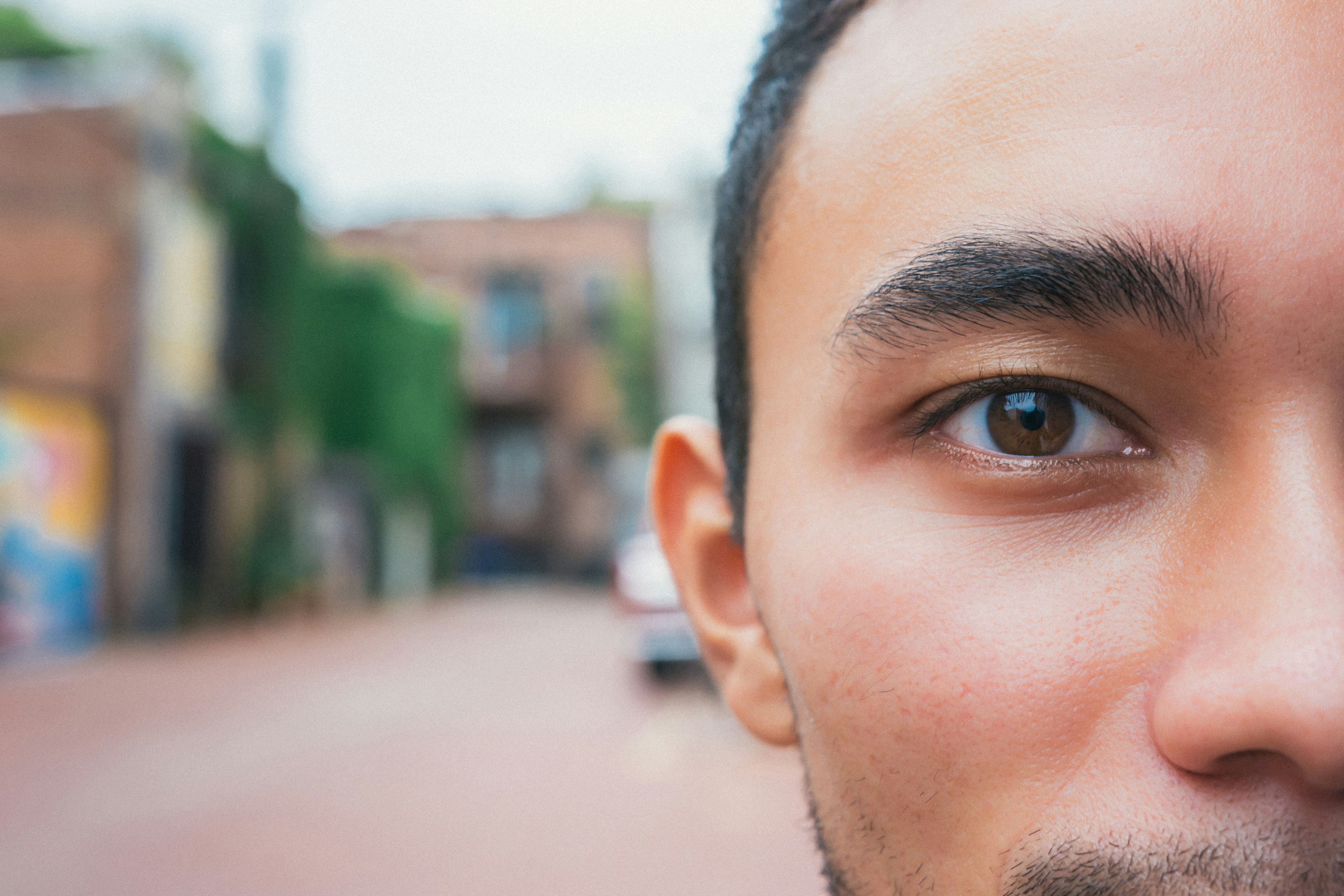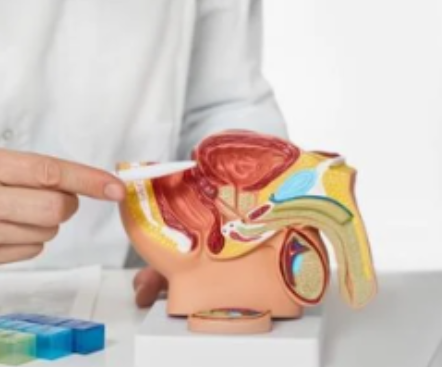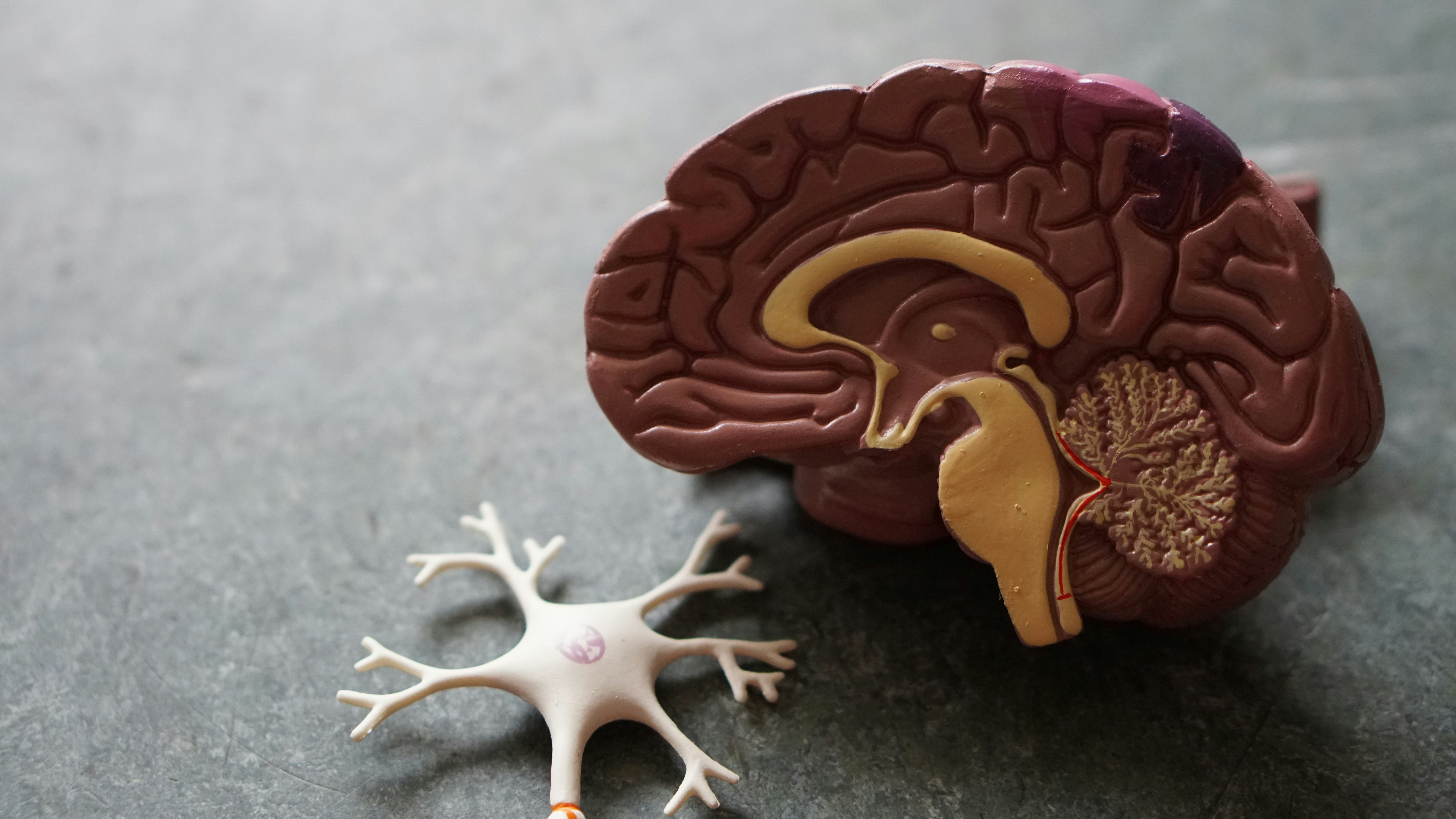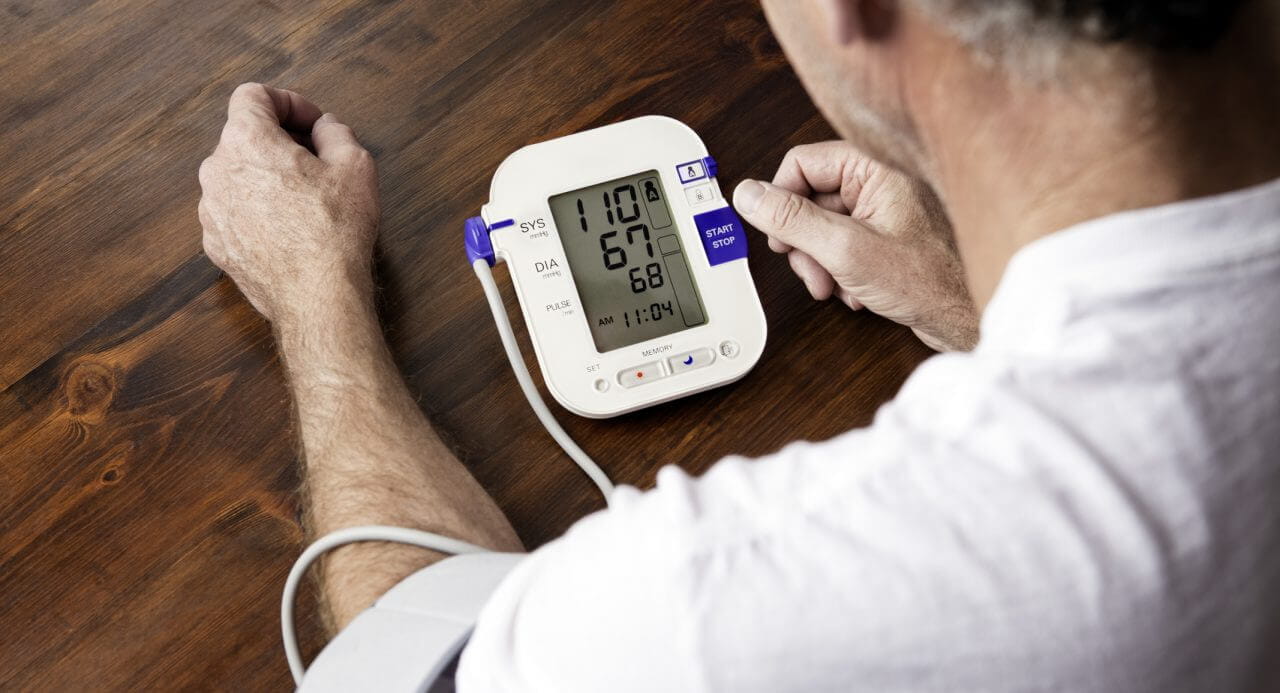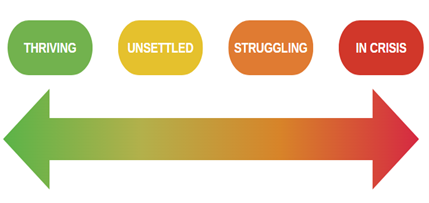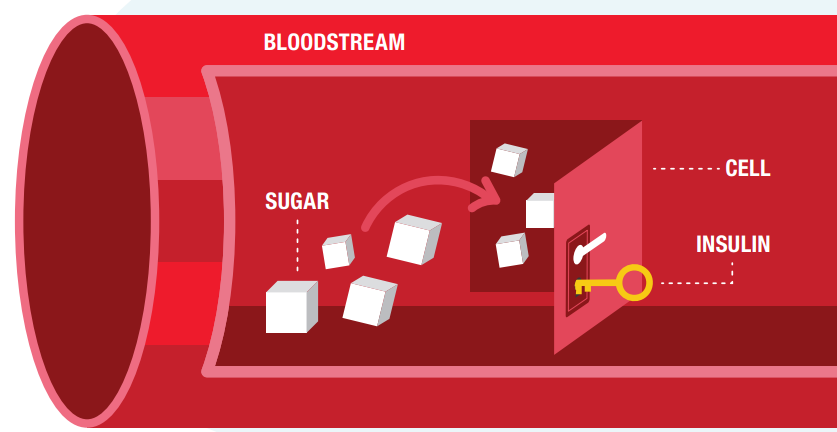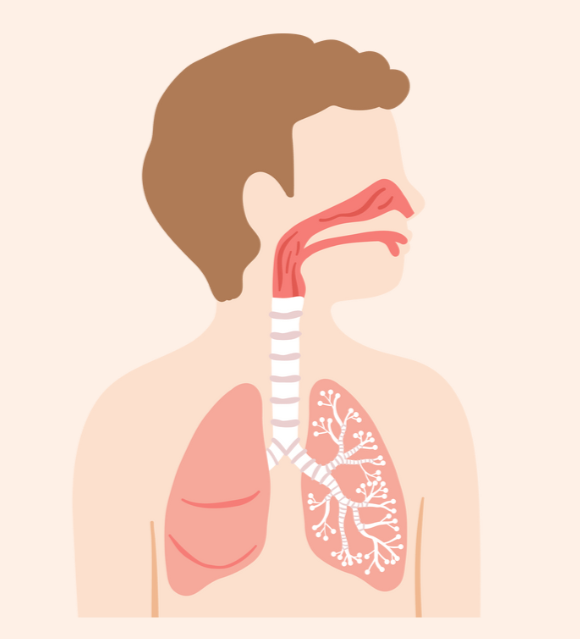
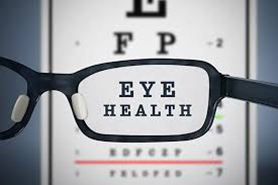
Even if we don’t always see the need, visiting an eye doctor regularly is important for good eye health and overall well-being. Regular eye exams can reveal the early stages of some eye conditions allowing for early treatment and management. Eye exams can also reveal early signs of diseases like diabetes, high blood pressure, and some types of cancer. The eyes are the window to your health!
Who should I see for my routine eye care? An optometrist is a health professional who provides your routine vision care. Optometrists provide eye exams, diagnose and treat vision problems, and write prescriptions for eyeglasses. Even if you have perfect vision now, your eyes can change over time, and you may benefit from prescription glasses. Adults aged 20-64 should have an eye exam every two years, and those with diabetes should have an eye exam every year.
An optometrist can prescribe eyeglasses to help with the following:
Nearsightedness (Myopia) – Nearsightedness is when you have trouble seeing objects that are at a distance, but you can see objects that are up close clearly. This happens when the shape of the eyeball is too long or too curved.
Farsightedness (Hyperopia) – Farsightedness is when you have trouble seeing objects that are up close, but you can see objects that are at a distance clearly. With Hyperopia, the eyeball is either too short or too flat.
Astigmatism – This is also caused by a misshaped eye, causing blurry vision for objects both near and far. Astigmatism can be fixed with either eyeglasses or surgery.
For more advanced care, you may need to see an ophthalmologist. Ophthalmologists are doctors who provide advanced eye care and can perform eye surgeries. They treat more serious eye conditions like cataracts, glaucoma, and diabetic retinopathy.
Cataracts – A cataract is when the lens of your eye becomes cloudy and reduces your vision. They can develop in one or both eyes. Symptoms include faded colours, blurry or double vision, and difficulty seeing at night.
Glaucoma – Glaucoma is known as the “silent thief of sight” because vision loss happens slowly over time. It is a disease that damages your eye’s optic nerve, usually due to extra fluid in your eye that puts pressure on the nerve.
Diabetic Retinopathy – Diabetic retinopathy is an eye condition that occurs when diabetes is not well-managed. High blood sugar damages the retina of the eye leading to vision loss or blindness.
Early diagnosis and treatment are important for managing these issues and keeping your vision clear. Speaking to an eye health professional supports your current eye health and flags more serious health issues before they get worse. See an optometrist regularly and prioritize your well-being!


































































